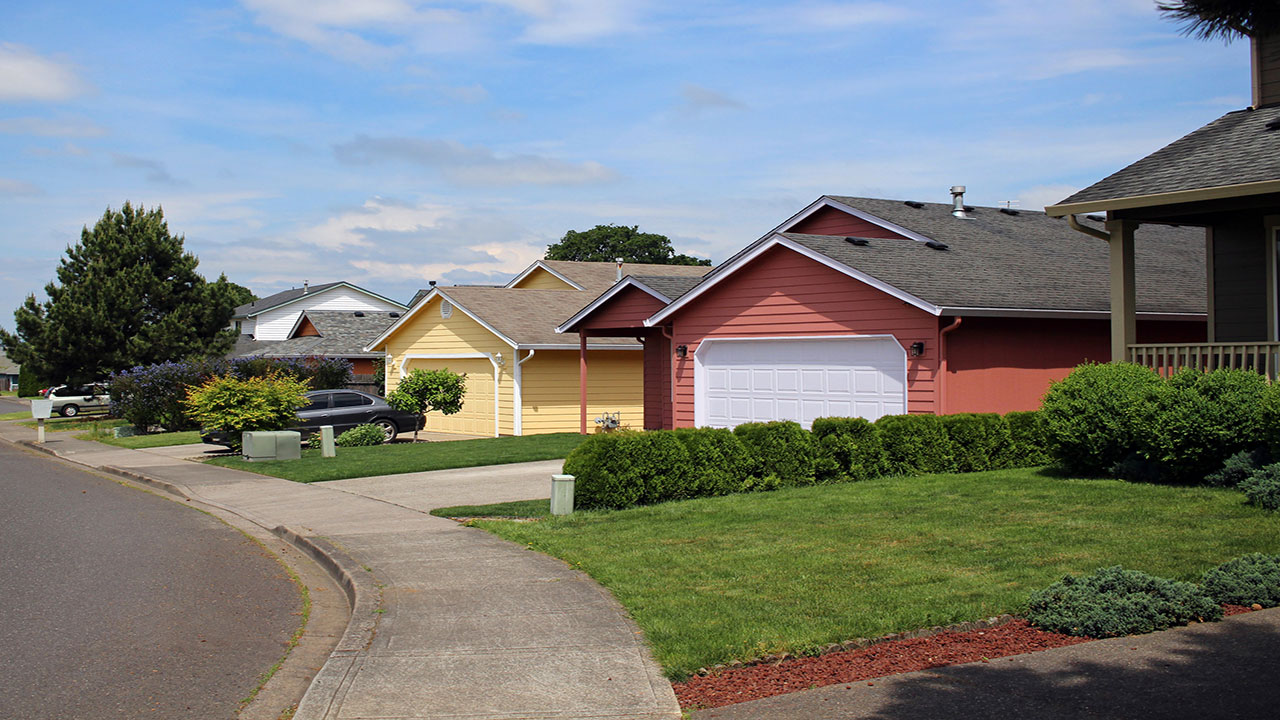Babyboomers: Things to Consider Before Downsizing

Of all the owner-occupied homes in the US, about 53% are owned by the Baby Boomer generation. And while a large proportion of baby boomers are staying put in the homes they’ve lived in for decades, others are contemplating downsizing. Whether it’s because they’re empty nesters who don’t need as much space anymore or are looking for something that requires less maintenance, downsizing is an attractive option for many homeowners in this age bracket.
If you fall within this demographic and have considered downsizing, be sure to do some homework and ask yourself a few important questions first.
Is Now a Good Time to Sell?

Before you think about putting your current home on the market, determine if now is a good time to sell. Certain markets help sellers command higher sale prices than others, so you want to make sure that you’re getting your money’s worth by selling at a certain time.
Luckily, California has been favoring sellers for a long time now, and sale prices for homes continue to climb. Based on what markets in many centers across the Golden State are like today, odds are you’ll get a hefty price on the sale of your home.
That said, you still need to buy, and the market can seem tougher when you’re on the other side of the real estate coin based on current market conditions. As a buyer, you’ll have to determine if you can comfortably afford the prices of smaller homes and if it’s worth selling the property you’re living in right now in order to make a change.
What Are the Costs Associated With Downsizing?
One of the biggest reasons why baby boomers choose to downsize is to cut costs associated with maintaining and operating a larger home. It’s a commonly held perception that moving to a smaller home would help you save some money, but that doesn’t always happen. Aside from the possibility that the smaller home you purchase may be more expensive than you originally thought, there are other ways that downsizing might not exactly be cheaper.
Consider the costs associated with downsizing before you make your move, such as moving fees, condo fees (if applicable), and even buying new furniture to fit your new space. The new home you buy might also be located in a more expensive neighborhood, in which case you may also be looking at a higher property tax bracket. After crunching the numbers, assess whether a move would realistically help you save money if that’s one of the goals you’re trying to achieve with downsizing.
Is There a Chance Your Space Requirements Could Change?

You might be an empty nester with no more need for all those extra bedrooms and bathrooms, but could your current situation change in the near future?
For instance, is there a possibility that your adult children could move back in with you as you age in order to take care of you? Do you have an older parent yourself who could use your care, in which case they would move in with you to make this scenario more feasible? Consider the possibility of a change in circumstances before you make the decision to downsize.
Is it the Size You Want to Change or the Layout?
Perhaps a change is warranted, but what kind of change? While you might think you want something smaller, maybe it’s just a different layout that would make life easier for you. For instance, perhaps the square footage you have right now is working for you, but all those stairs going from one level to the next are a total inconvenience. In this case, maybe the new home you look for shouldn’t necessarily be smaller but have a more functional layout for you in the form of a single story.
Before you buy your next home, carefully assess your needs and wants before automatically switching to something that’s on the smaller scale.
Will the New Location Offer All Amenities Required?

Think about the lifestyle you want to maintain when looking for a new home. Consider your daily routines and the amenities that you need close by in order to maintain your current lifestyle. Look at things such as public transportation, medical services, and shopping to determine how readily accessible they are relative to your new home’s location. Downsizing shouldn’t just mean swapping homes, but switching neighborhoods for the better.
The Bottom Line
If downsizing is on your mind, make sure not to jump into anything too quickly. Ask yourself if your home no longer fits your current lifestyle and needs, and only downsize for the right reasons. Discuss your options with a qualified real estate expert to get some professional guidance to make sure the decision you make is the right one. Having an agent on your team will also help make the transition to a smaller home as seamless as possible.


